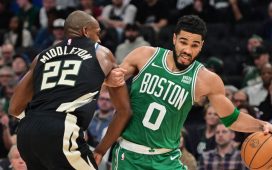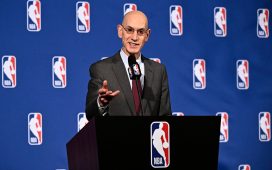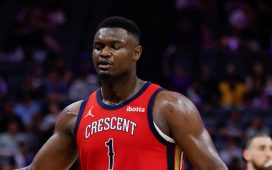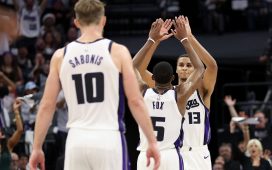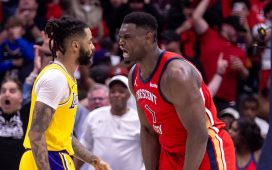Want more basketball in your inbox? Sign up for Marc Stein’s weekly N.B.A. newsletter here.
The N.B.A. on Friday notified the Nets’ Spencer Dinwiddie that he cannot use his contract as a digital investment vehicle, according to a league official.
Dinwiddie had announced earlier this week to The Athletic that he planned to go public with an “$SD8” token offered by his company DREAM Fan Shares that would enable investors to essentially buy into Dinwiddie’s three-year, $34.4 million N.B.A. contract.
By selling shares in his contract, Dinwiddie would have allowed investors to bet on whether he would be able to play well enough to earn an even more lucrative contract after the second year of his deal.
The N.B.A. issued the following statement to The New York Times on Friday: “According to recent reports, Spencer Dinwiddie intends to sell investors a ‘tokenized security’ that will be backed by his player contract. The described arrangement is prohibited by the C.B.A., which provides that ‘no player shall assign or otherwise transfer to any third party his right to receive compensation from the team under his uniform player contract.’ ”
Dinwiddie, 26, intended to offer the security using the Ethereum blockchain and raise $4.95 million to $13.5 million. He planned to guarantee investors a few percentage points in interest over the three years of his deal. The minimum investment was to have been $150,000.
Dinwiddie is one of the most improved players in the league over the past two seasons. His contract is still regarded in league circles as a bargain given his production. So investors might have been poised to get in on the ground floor of a sleeper stock — assuming he could land a richer contract in the summer of 2021.
Dinwiddie averaged 16.8 points and 4.6 assists per game last season for the Nets, emerging as one of the league’s top sixth men. He played an active role in the free agency recruitment of the All-Star guard Kyrie Irving.
“What better way to be invested in a player as a fan than to have some level of skin in the game,” Dinwiddie told The Athletic. “With the way mine works, if I play well in that player option year and we split the profits up the first year of my new deal, it greatly appreciates the return on this investment vehicle.”
Dinwiddie isn’t the first athlete to attempt such a move with his contract. For a number of years, Fantex allowed fans to buy stock in the lifetime earning potential of certain athletes, primarily football players like Vernon Davis and Alshon Jeffery. But the concept never took off, and Fantex hasn’t offered any new player stocks since 2016.
Kevin Draper contributed reporting.

